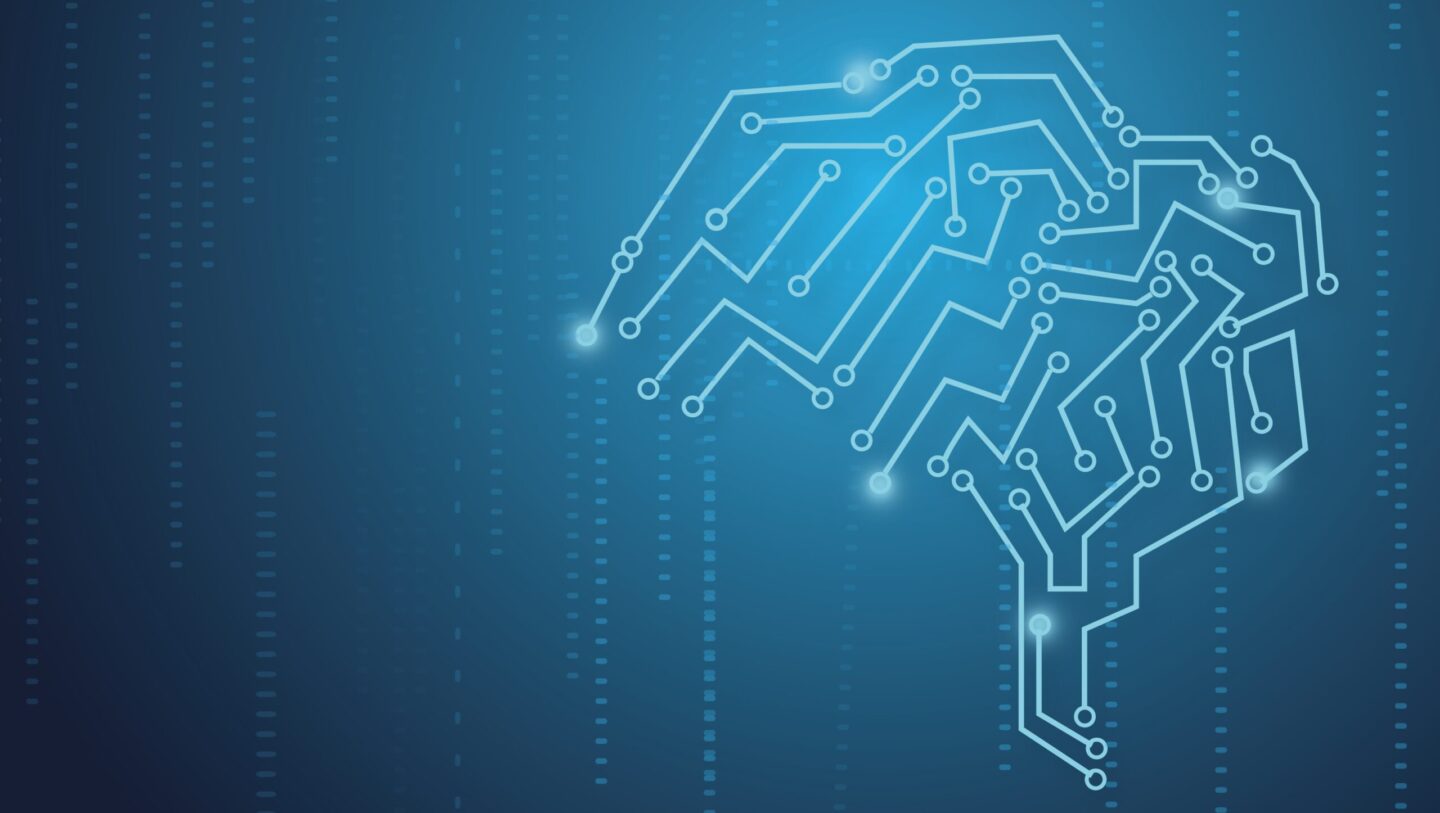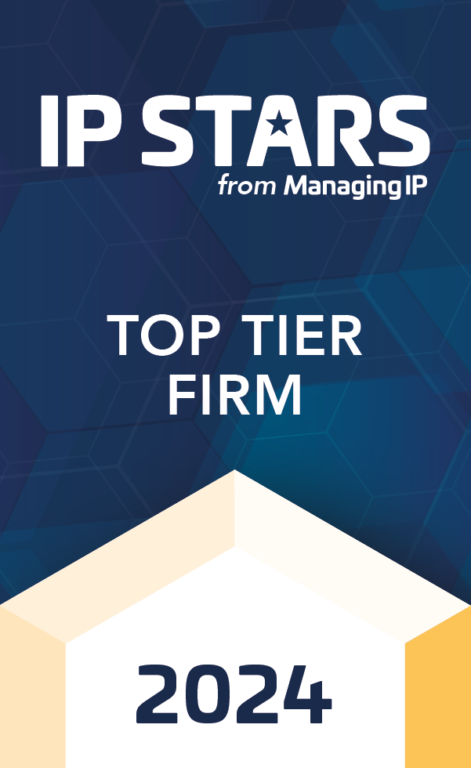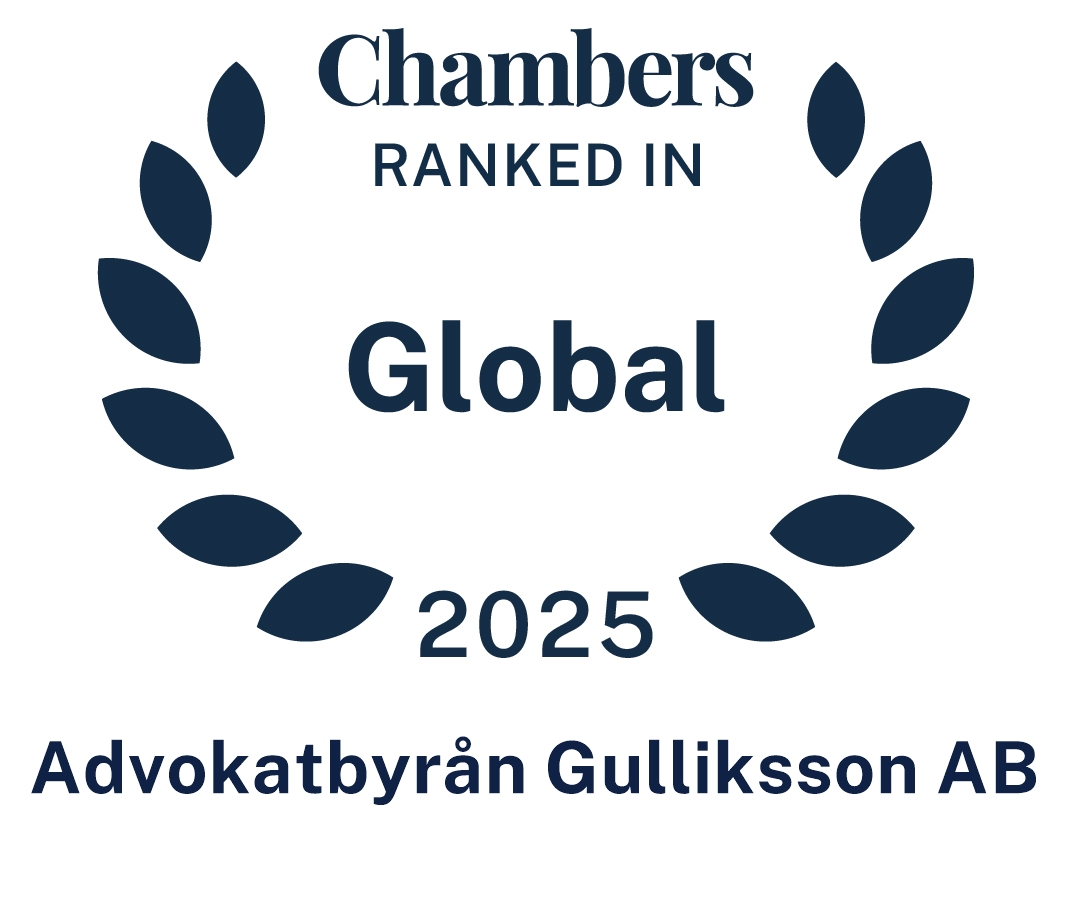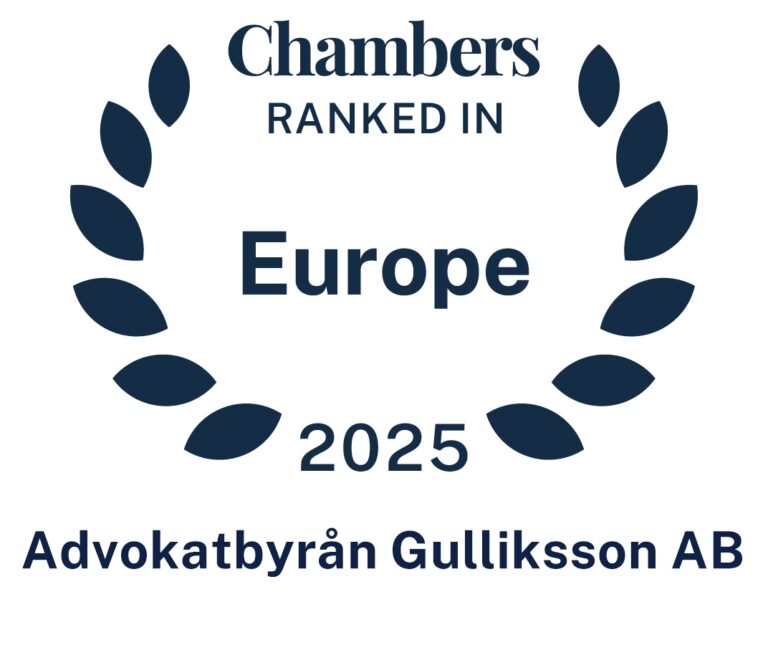Everything! At least according to the plaintiffs in a recently filed case in California. On 11 July, Clarkson Law Firm filed a complaint on behalf of eight plaintiffs against Google for scraping and illegally accessing personal information and copyright protected material in order to develop their AI services. A similar complaint was filed in June against OpenAI. The emergence of chatbots and other generative AI services has given rise to intricate question as to what information these services actually are accessing.
The general counsel of Google, Halimah DeLaine Prado, has stated that they only use data from public sources to train their AI services, which is in accordance with American law. The plaintiffs on the other hand, have argued that Google illegally used their content posted on social media and information shared via Google platforms in order to train their AI systems, most recently the chatbot Bard. Furthermore, one plaintiff claims that her book has been copied in full and that it has been accessed through a “pirated” book site. It is stated that the book is freely available through Bard and that the chatbot will summarize the book in detail, as well as regenerate the book verbatim. According to the complaint, “hundreds of thousands of authors like her presently have no ability to demand Google “delete” their stolen work from Bard.”
Bard is not only capable of generating text-based answers, but also images. With regards to copyright protected material, it is suggested that only by accessing creative work, can the generative AI services learn to create art. Moreover, accessing private information like conversations is necessary for the models to learn to communicate in a human way. In contrast to illegally accessed information, it is emphasised that there are several companies specializing in offering date-sets for AI training purposes, but where the information is collected with consent from the content creators.
The relieves sought by the plaintiffs are extensive and apart from damages in different forms, they request the court to order an injunctive relief in the form of a temporary freeze of the development and use of the AI services in question. Furthermore, the plaintiffs have asked the court to require Google to allow opt out of data collection for everyday internet users. The effect on Google´s business would be major, should the court rule in favour of the plaintiffs. Thus, it is likely they will use all means at their disposal to make the claims seem baseless.
If you have any questions relating to illicit use of personal information or copyright protected material, you are welcome to contact us.






